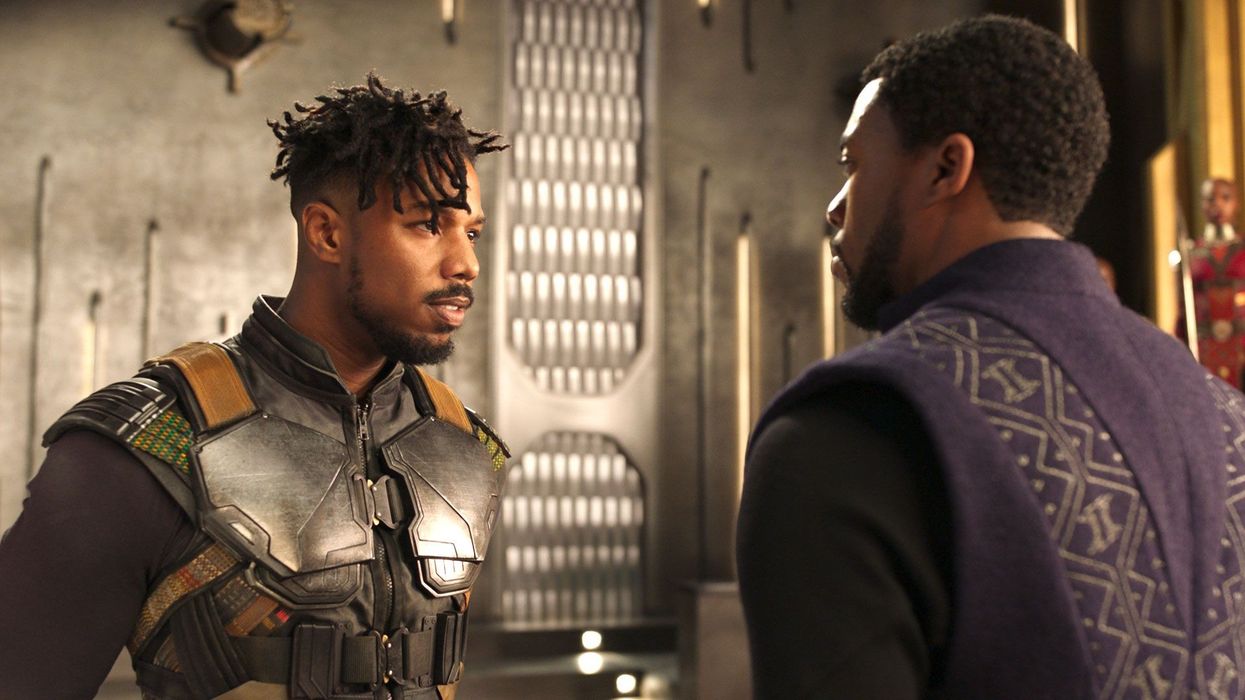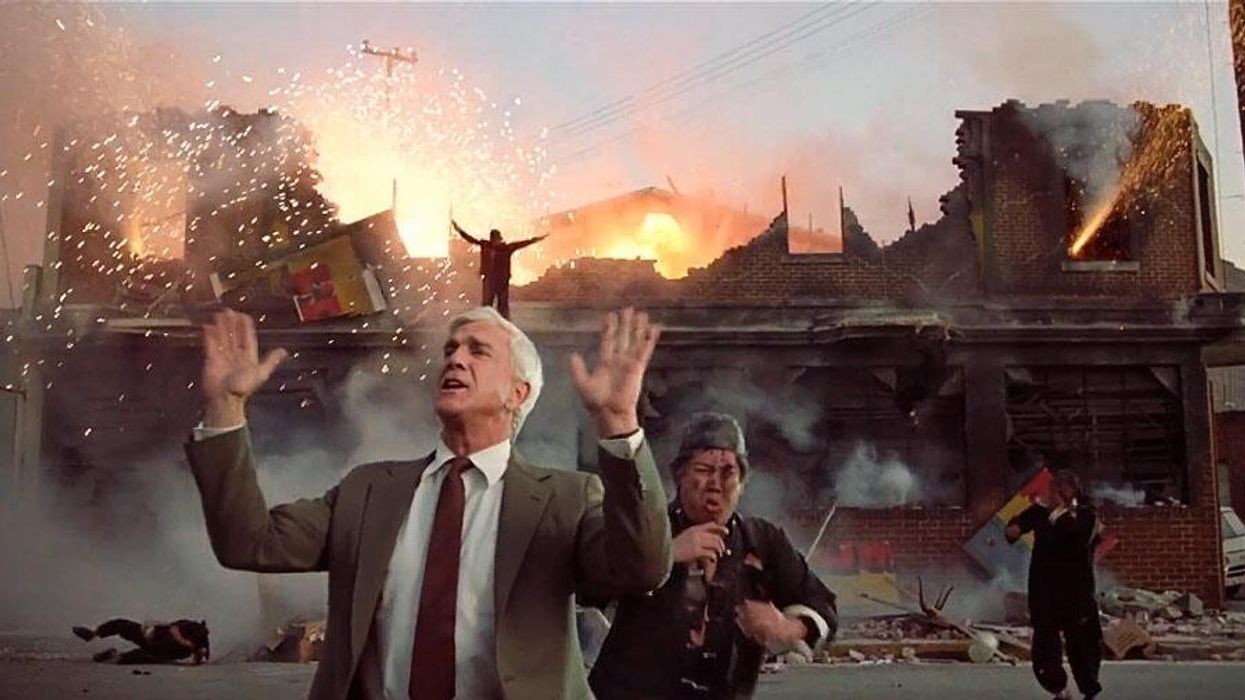Why Are Expert Writers Turning Toward Righteous Villains?
It's easy to be mad at evil characters... unless they're right.

For a long time, Hollywood codes mandated that bad guys be bad, and good guys are good. You saw it in the old Westerns especially. People with white hats rode for justice, and people with black hats were brought to said justice.
Antagonists, or villains, were very clear. As the code disappeared, you had movies like Bonnie and Clyde, which pushed the narrative for how you thought and felt about criminals. They were robbing banks and killing cops. We got lots of fun characters after that which fit this mold. But now it seems like even comic book movies have found this character. And it's taking the mainstream by storm.
There's a certain trend in writing recently: the righteous villain.
Today I want to take a peek at that kind of character and talk about why people use them and how it affects the story.
Let's jump in.
Why Are Expert Writers Turning Toward Righteous Villains?
First up, when I talk about "the experts" I'm talking about the obvious team of writers who are working on studio movies. But as readers who are writing specs, you might want to consider one of the characters in your story, and see how they can change the landscape.
So What Is the Righteous Villain?
A righteous villain is an antagonist in a screenplay whose motives are rooted in a just cause.
Righteous Villain Examples
Characters like Killmonger from Black Panther, the Riddler from The Batman, and even Thanos have reasonable gripes with the state of the world.
Killmonger has seen racism and colonialism destroy his people across the globe. The Riddler has watched corruption with police and politicians destroy his life in Gotham. And Thanos has moved intergalactically, trying to right the wrongs of overpopulated planets where people are suffering... through violence.
Even Flag-Smasher in the Captain America TV show just wanted international refugees to get some respect. These villains are drawn carefully, and their causes butt up against everything a hero stands for and, somehow, still identify with the world the hero wants to see.
Why Write a Righteous Villain?
The reason writers are flocking to these characters now is that they give a distinct point of view to your story. If you can identify with the villain, it makes the hero's job even harder. They have to make difficult moral choices, and it forces the audience to engage with the story more.
Who are you rooting for? Why are you thinking that way?
Many movies with villains who are pure evil take predictable turns. They can get boring. You always anticipate good will win in the end. Instead, when you have a righteous villain, you can force the hero to see a gray world, not one that's black and white. They may have to ask much bigger questions. They can challenge our notion of what it means to be a hero, and make those characters actually tell the audience what they stand for and why.
Sometimes, those villains can even win and teach the protagonist a lesson. This push-and-pull makes the viewing experience deeply enriching and exciting.
Let us know what you think in the comments.











